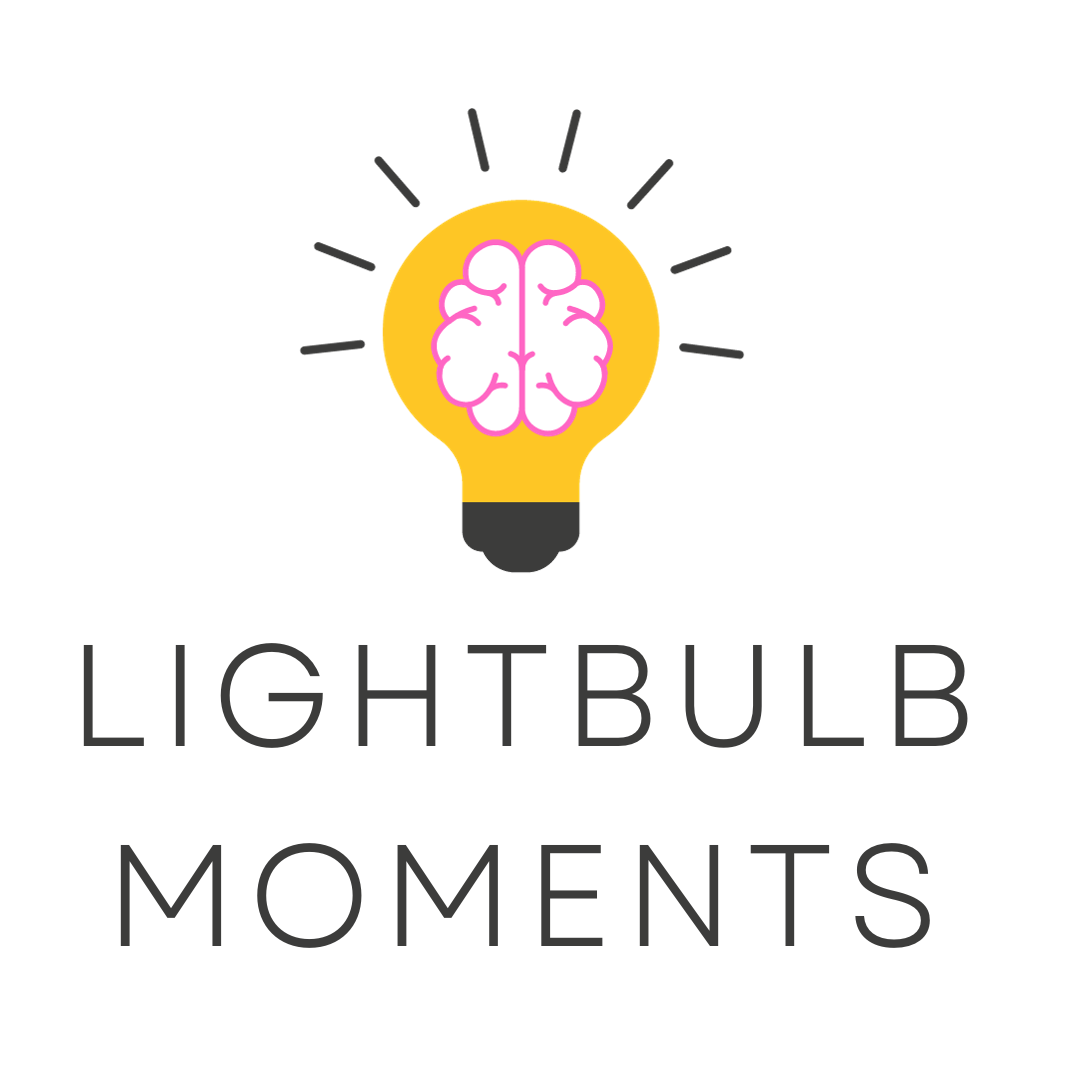What is “masking”?
Heyyy Team! Welcome to another publication! If you've made it this far... Whooop! Thanks for sticking with me! We are talking all about masking in this publication - please note on this one that a lot of what is here is my own personal experience and might not be (let's be honest probably isn't) a reflection of everyone's experience of masking!
I'm recently back from holiday (vacation) in the US and I was at Disney (the undisputed happiest place on Earth! Go ahead challenge me, I dare you ;)) and whilst I love Disney because it is my happy and safe space (I know all of the maps, all of the places to eat, where everything is and how to do everything) it is an exhausting space physically and also mentally. This is because I feel as though I have to mask a lot. Now I will say that in my day to day I mask A LOT anyway to pass as "neurotypical" but at home there's downtime away from other human beings whereas when you're on holiday you're "on show" the whole time.
So what is masking?
Firstly, we aren't talking covid-era masking! :)
Masking, according to autism.org (https://www.autism.org.uk/advice-and-guidance/professional-practice/autistic-masking), is defined as "To ‘mask’ or to ‘camouflage’ means to hide or disguise parts of oneself in order to better fit in with those around you. It is an unconscious strategy all humans develop whilst growing up in order to connect with those around us."
So it is something that we all do in one form or another and it reminds me of when Brene Brown at Brené Brown Education and Research Group spoke about belonging and how the opposite of belonging is fitting in. Masking is in its essence changing behaviour to fit in and for some of us we do it occasionally whereas others do it every day - and I fit into the latter camp, which is why life in general can be quite exhausting!
For some people with autism (or ASD) masking becomes something that is a part of life. It is something that is learned at a very early age and helps some people to "pass" as what is defined by society as normal.
If it is so exhausting, why do you do it?
For me, there are two reasons:
Unmasked me comes across as rude - and that is rarely my intention (unless you're breaking some sort of rule and then it totally is my intention - LOL). Squirrel... is LOL still a thing? Am I showing my age? What are all the cool kids saying now?
I learned to build relationships and understand social interactions through mimicking what a response should look like to a certain situation. I learned this as a VERY early age - I've given an example of a fun masked and unmasked example below! (and yes, I know what you're thinking, that's an attractive still to have as the start of the video).
Will I ever stop masking?
It is unlikely, because whilst masking takes up a lot of energy it is also the easiest way to get through life and relationships and because I learned to do it from such an early age is it is a very normal adjustment that I do on a daily basis. Literally all the time. Some of today's examples are:
Walking down the path to the train station and someone saying hello to me
Getting on the train and someone smiling at me
Getting into the office at the reception team saying good morning
Being on calls with people and small talking
What if I work or live with someone who masks?
If I think about my wonderful bestie and husband (look Ali Dootson you get a shout out) I think that he's probably the best person to give advice but from my perspective I think there are two key things:
Don't be offended when someone isn't masking, which is easier said than done, I think that you need to have a really thick skin to be around someone unmasked!
Create a safe space and ask questions before assuming they are masking, if you're not sure what this looks like then there are lots of resources out there where you can educate yourself - and as always I'm happy to answer any questions from anyone!
My final thoughts...
Masking has been extremely useful for me in my career. I can also recall a handful of times where unmasking has been SO liberating. The most recent example was in the company of a group of other neurodiverse individuals who were talking about something that didn't interest me and instead of having to mask with nods and smiles and aaahs and mmhmms I just stood there with a blank face until they moved on to a topic I was interested in AND IT WASN'T EVEN SPOKEN ABOUT. No one asked me if I was OK, no one tried to engage me in the conversation. No one asked me "what's wrong with your face?". It was completely accepted and normal.
So if you're around me, and you're feeling brave ;) ask for the unmasked version of me. And know the response has everything to do with my thoughts and perceptions and nothing to do with wanting to upset or hurt others.
And finally - I'd love to hear examples of masking from others!
But for now...
Toodles x



